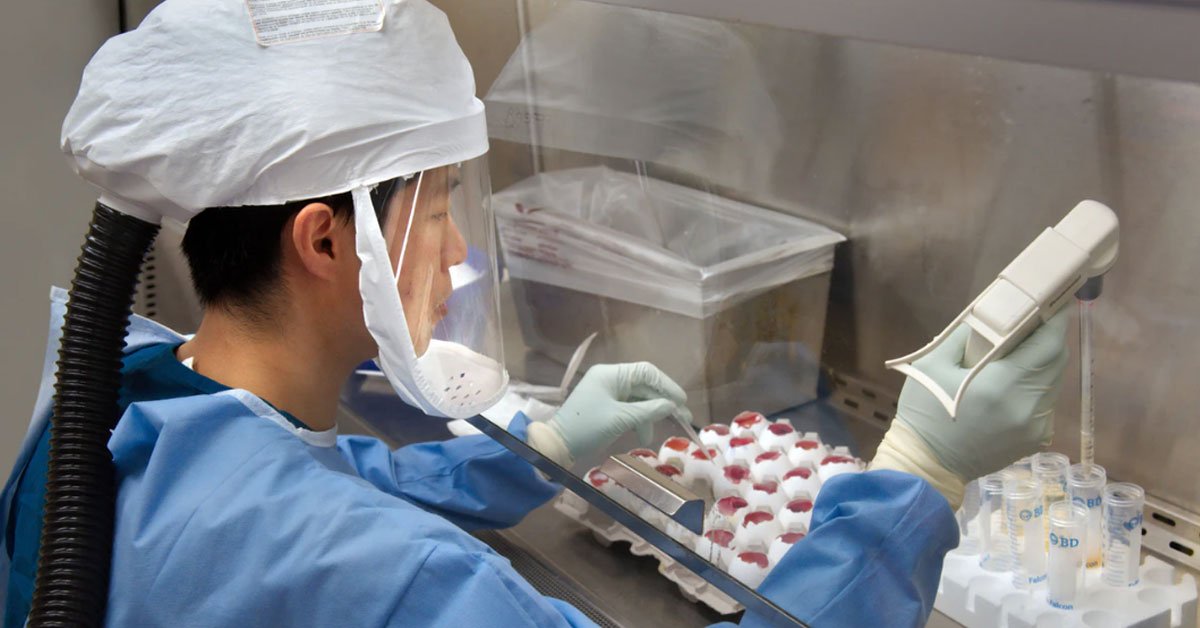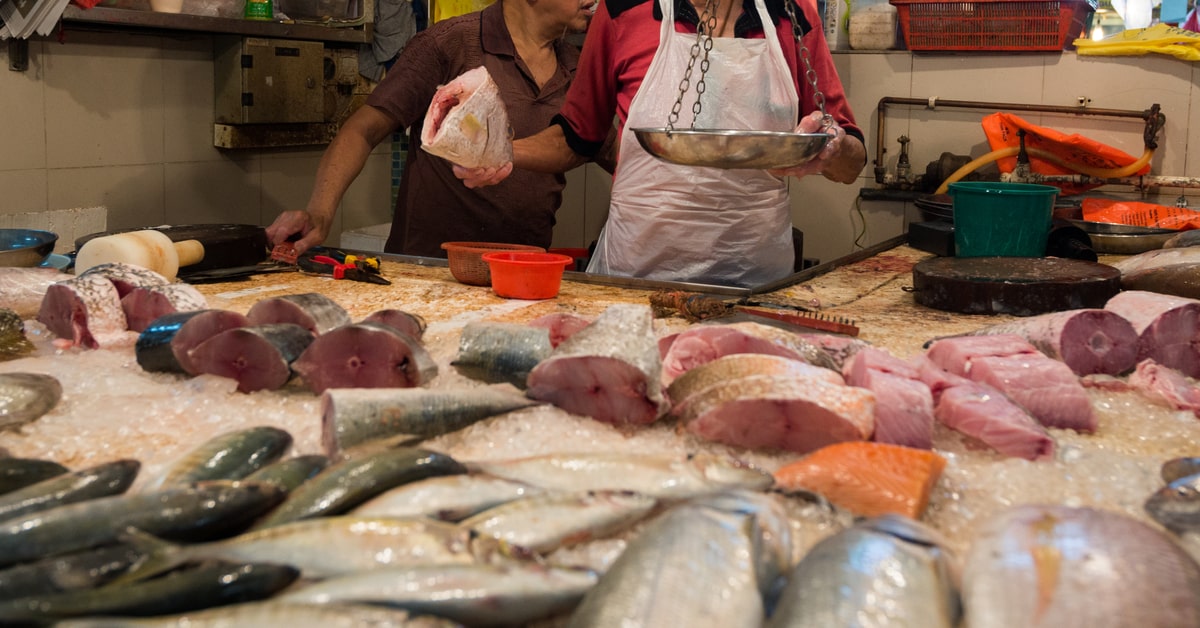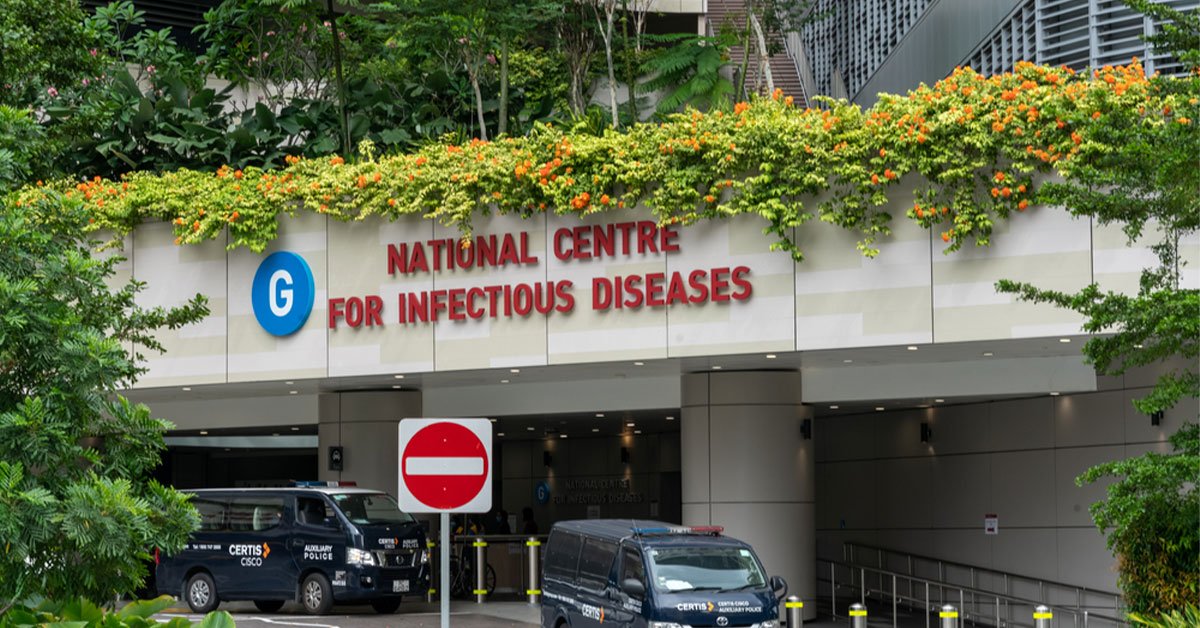In an ideal world, bubble tea would cure diabetes, Netflix would pay people to watch TV shows, and scientists would have developed a vaccine for Covid-19 the day after it emerged.
But, as your friend who just broke up with his girlfriend tweeted, “Life is unfair”.
That’s why even though scientists have already developed a vaccine they hope will guard against Covid-19, it’ll probably be a long time before it’ll be readily available for the public.
But why is this the case? Before I answer this question, it’s important to note how a vaccine actually works.
What is a Vaccine?
A vaccine is a type of medicine that trains the body’s immune system so that it can fight a disease it has not come into contact with before.
Vaccines are designed to prevent disease, rather than treat a disease once you have caught it.
You see, every time a virus or bacterium invades our beautiful bodies, our immune system has to fight it off.
But not everyone is strong enough to fight a virus off, of course. This is why we have vaccines.
A vaccine contains a weakened or killed form of the virus that causes a particular disease so that your immune system can easily fight it off and create antibodies, making you immune to the virus in the future.
So, a vaccine essentially provides a shortcut by helping your immune system learn to recognise a specific threat by tricking it into thinking it’s under attack.
Covid-19
Covid-19, as you know, is a coronavirus that originated in the Chinese city of Wuhan. Ever since it started spreading all over the world four months ago, it has infected over 240,000 people and killed over 10,000 across 180 countries and territories.

More and more countries have imposed travel bans and lockdowns to curb the spread of the disease in their countries.
Due to the growing severity of the pandemic, scientists have been working around the clock to develop a vaccine.
And in the last few days ago, both China and the U.S announced that it had developed a potential coronavirus vaccine, and had given the go-ahead to launch clinical trials.
In response, the whole world cheered, expecting the vaccine to magically land at their doorsteps the next day.
But then health officials said that it would take at least 12 to 18 months for the vaccine to be approved and used, and everyone stopped cheering.
Why is this the case? Why does it take such a long time?
Clinical Trials
You see, before a vaccine is approved for use, it has to go through several phases of rigorous testing.
The first step is to show that it’s safe in preclinical studies, according to The Los Angeles Times.
This usually involves testing the vaccine on an animal. Fortunately, though, scientists working on the Covid-19 didn’t have to start from scratch, because the virus is similar to the coronavirus that caused SARS, and some Australian researchers already have been studying the SARS virus in ferrets.
The next step is clinical trials in humans, which has three phases.
The main goal of Phase 1 is to make sure the vaccine is safe, and usually involves a few dozen closely monitored participants.
This phase has already started in the US – a 43-year-old mother-of-two was the first person to receive the vaccine.
Phase 2 typically enrolls hundreds of patients to expand the safety assessment and allow scientists to examine the body’s immune response.
Phase 3 can involve thousands of people, usually with some of them randomly assigned to get the vaccine and some getting a placebo.
That sounds simple, right? Just do one phase a week and then you can approve it by the end of the month, right?
Reader: Yes, that sounds righ-
Advertisements
WRONG! YOU’RE WRONG
Reader: Ok sorry please stop shouting
You see, under normal circumstances, these clinical trials would take years to complete.
Why?
Well, firstly, in Phase 3, many study volunteers may not want to risk getting a placebo instead of the vaccine, which was a dilemma researchers faced during Ebola outbreak in 2014.
Advertisements
Secondly, as my dear friend Wikipedia tells me, “a sufficient time period must elapse for the subjects to react to the vaccine and develop the required antibodies.”
And even though the process has been sped up due to the severe Covid-19 pandemic, such as skipping animal testing, there are still several other steps that need to be taken.
Approval
After clinical trials, the vaccine has to be approved as safe to use.
For instance, in America, the Food and Drug Administration (FDA) would have to ensure that the vaccine is both safe and effective, meaning it has to protect enough people with as few unwanted side effects as possible.
Like what if the vaccine prevented you from getting Covid-19 but also made you bleed from your ears every time you ate rojak? This is why it takes time; you never know what effects the vaccine can have on your body.
Plus, what qualifies as safe and effective may depend on the disease in question.
Mass Production
Even once the vaccine has been created, tested, perfected and is ready to be administered, it still needs to be mass-produced so it can be shipped around the world, and this isn’t as easy as it sounds.

After labs create a successful vaccine, they’ll need a dedicated manufacturer for large-scale shipping.
Advertisements
And many companies may not jump at the chance to produce the vaccine because the pandemic could end before there’s a chance to bring it to market.
In the eyes of these companies, what’s the point of investing in and manufacturing these vaccines if no one is going to use them by the time they’re available?
Vaccines also cost billions of dollars to develop and when the first batches are ready for distribution, who receives it first is another difficult decision one has to take.
This is why experts estimate that the earliest we would see a vaccine would be a year from now, while some suspect it will take at least 18 months.
You can watch this video and understand why companies might be reluctant to do a vaccine simply because it doesn’t make any financial sense:
In the meantime, here are several things you can do to avoid contracting and spreading the disease:
- Wash your hands often with soap and water for at least 20 seconds
- If you can’t find soap and water, use an alcohol-based sanitizer with at least 60% alcohol
- Avoid touching your eyes, nose, and mouth
- Stay home if you’re sick
- Use a tissue when you cough or sneeze and then throw it away immediately
- Clean and disinfect frequently touched objects and surfaces
- Practise social distancing
- Use a face mask if you show symptoms of Covid-19 so you don’t infect others
Stay safe!



